Should you breastfeed while sick?
Yes! While breastfeeding may be the last thing you want to do, you should continue to nurse through common illness. When exposed to an illness, your body produces antibodies (called immunoglobulins) in your milk, which help protect your baby from getting sick. These immunoglobulins work with good bacteria in your baby’s gut to defend them.
Additionally, breast milk contains leukocytes – white blood cells that fight bacteria and infections to keep you healthy. Colostrum, the first milk produced after birth, has an exceptionally high leukocyte content, which helps shield your baby from harmful bacteria and pathogens. Even after the initial weeks, the number of leukocytes in breast milk increases significantly when you or your baby are exposed to germs. Breastfeeding while sick is safe and can substantially benefit your baby’s health.
General Care for Mom
-
Make sure to prioritize enough rest
-
Drink plenty of water and eat nourishing foods (like peppers, brussel sprouts, and citrus fruits which are all high in vitamin C!)
-
Keep taking your prenatal vitamins, or switch to postnatal vitamins as needed
-
Consider supplementing with Vitamin C, Zinc, and Echinacea
-
Don’t be afraid to ask for help from your village, and be kind to yourself
-
Visit a chiropractor or osteopath for an adjustment to help with lymph flow and mucus drainage
-
Take an Epsom salt bath to increase magnesium levels and boost white blood cell production
Safe to use: allergies
- Quercetin: This natural antihistamine effectively reduces the body’s reaction to seasonal allergies without causing dryness.
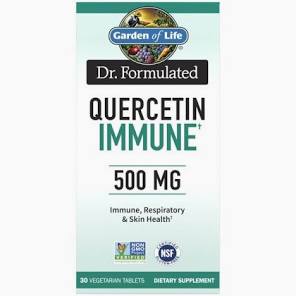
2. Nettle leaf: A potent herb that alleviates seasonal allergies, boosts milk production, and acts as a dietary supplement.
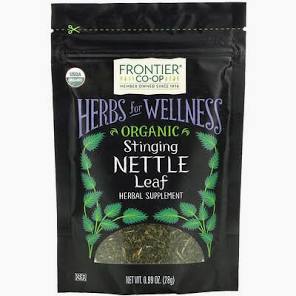
Safe to use: common colds
-
Neti Pot: This is a highly effective method for moisturizing and clearing nasal passages. Just remember to use distilled or sterilized water instead of tap water.
-
Steam: Taking in steam is a powerful remedy for relieving congestion and clogged sinuses.
-
Salt Water: Gargling with salt water is a proven method for soothing a sore throat and cough. Remember to use mineral salt instead of iodized table salt.
-
Slippery Elm Bark Cough Drops: These are a natural way to relieve coughing. They are safe, effective, and easily found at health food stores.
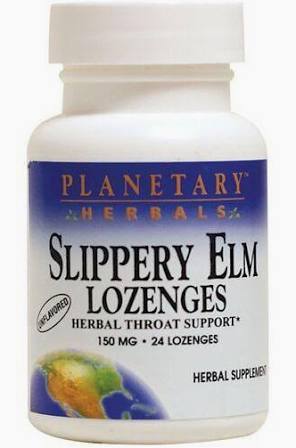
Safe to use: stomach bug
-
Homeopathic Nux Vomica: Helps with nausea.
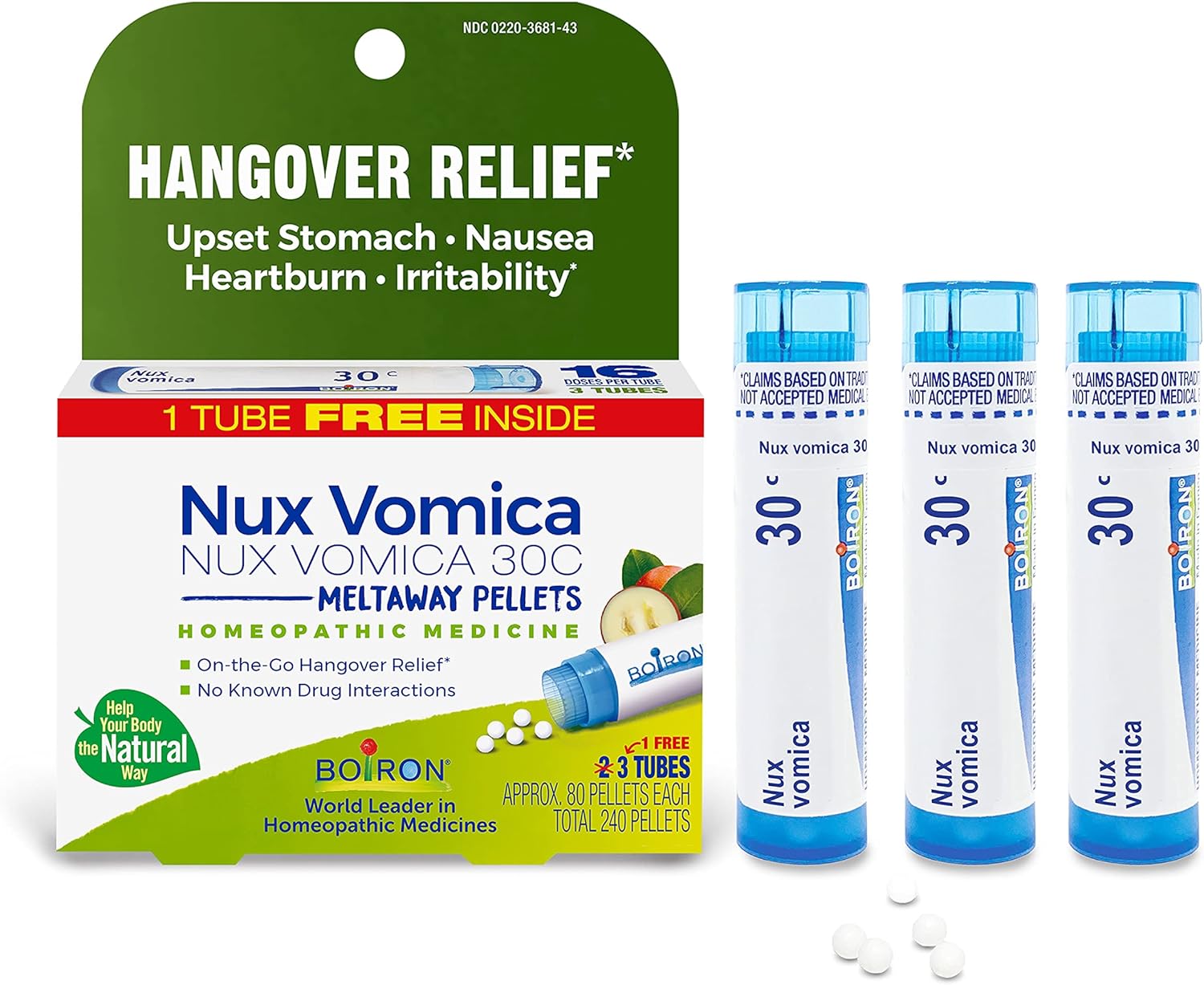
2. Ginger Tea: Can help with nausea and milk flow.
Safe to use: flu
-
Elderberry: Effective in shortening the duration of fever and cold symptoms. Elderberry is a natural warrior for your body when it’s weak.
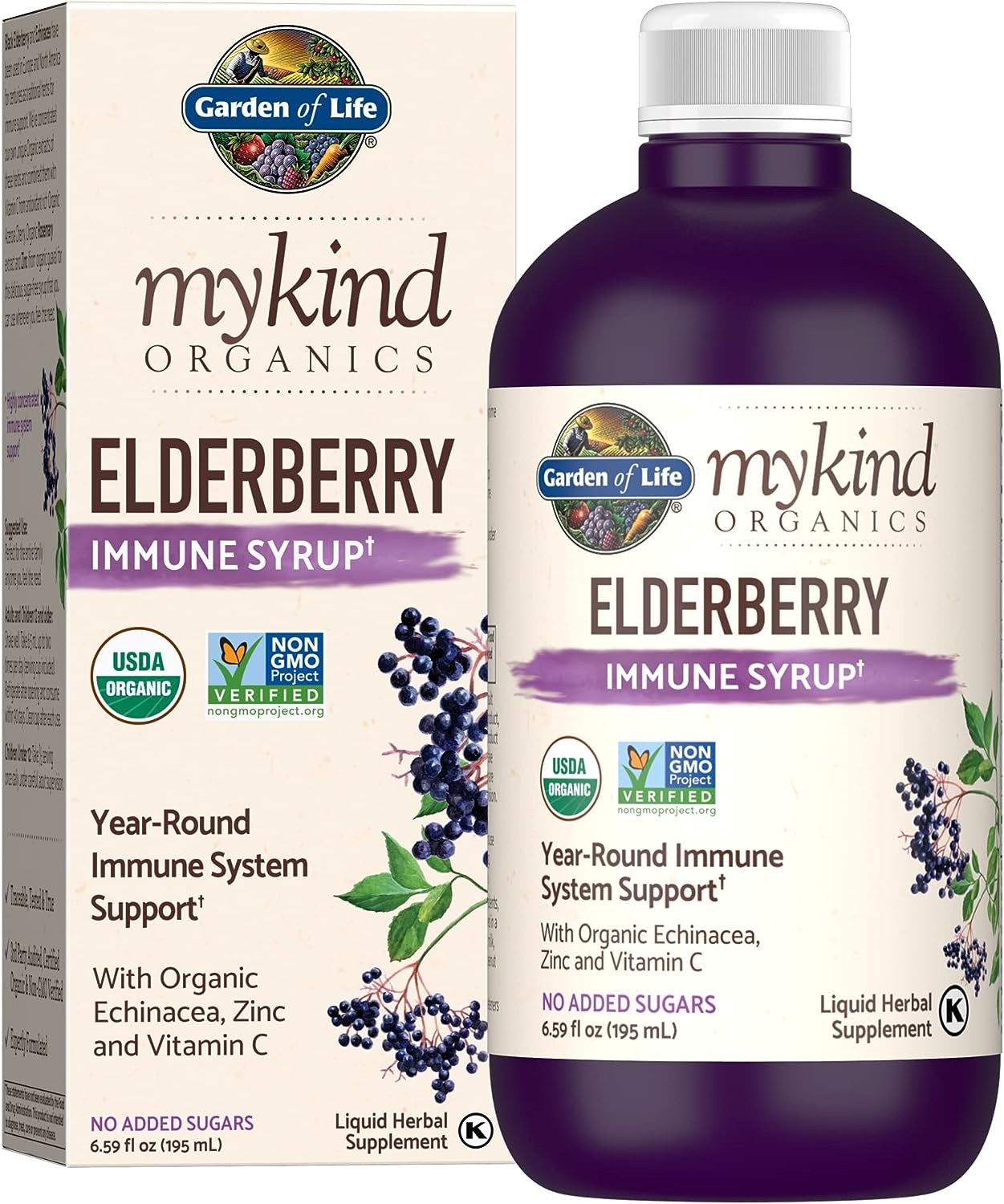
2. Apple Cider Vinegar: Helps to neutralize stomach acid and reduce nausea. This one may be hard if you dislike the fermented taste, but the benefits are totally worth it.
Medication
It’s important to know that almost all medications can enter breast milk to some degree, and not all of them are safe for breastfeeding mothers. Therefore, before taking any prescribed or over-the-counter medicines, you should check with your IBCLC (International Board Certified Lactation Consultant) or doctor. If you have any questions regarding how certain medications can affect breastfeeding, you can contact the Infant Risk Center, which is an excellent resource for this purpose. When you explain your situation to them, they will provide you with information about the risks, benefits, and recommendations. However, as a general warning, it is best to avoid decongestants, antihistamines, Pseudoephedrine, and Phenylephrine, commonly known as Benadryl, Sudafed, and Dayquil as they can interfere with milk production by drying up or thinning mucus.
The best way to protect you and your baby from illness and seasonal allergies is to take the proper preventive measures. Whether you want to take a more Western medicine approach or a homeopathic approach, there are many ways to ensure you and your little babe stay safe during the sick season! Make sure to communicate with your IBCLC or doctor to determine what is best for both you and your baby.

